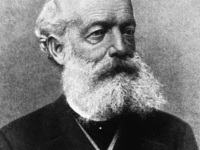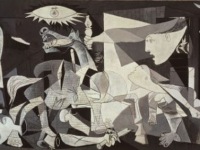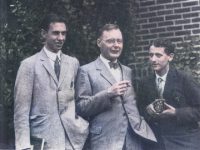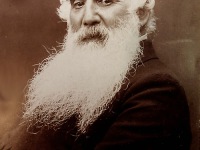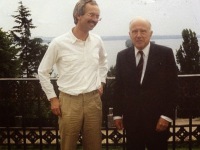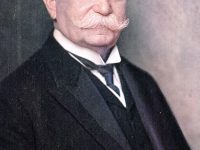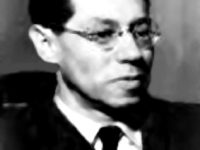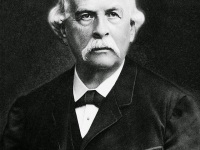Ingmar Bergman – the Best Film Director of all Times
On July 14, 1918, Swedish director, writer, and producer Ernst Ingmar Bergman was born. Since he often worked on theatre and film almost parallel in his development, both the stage and the film were reciprocally impulse generators for the respective other medium. In 1997, Bergman was honoured at the Cannes Film Festival as “Best Film Director of All Times”. “When we experience a film, we consciously prime ourselves for illusion. Putting aside…
Read more


